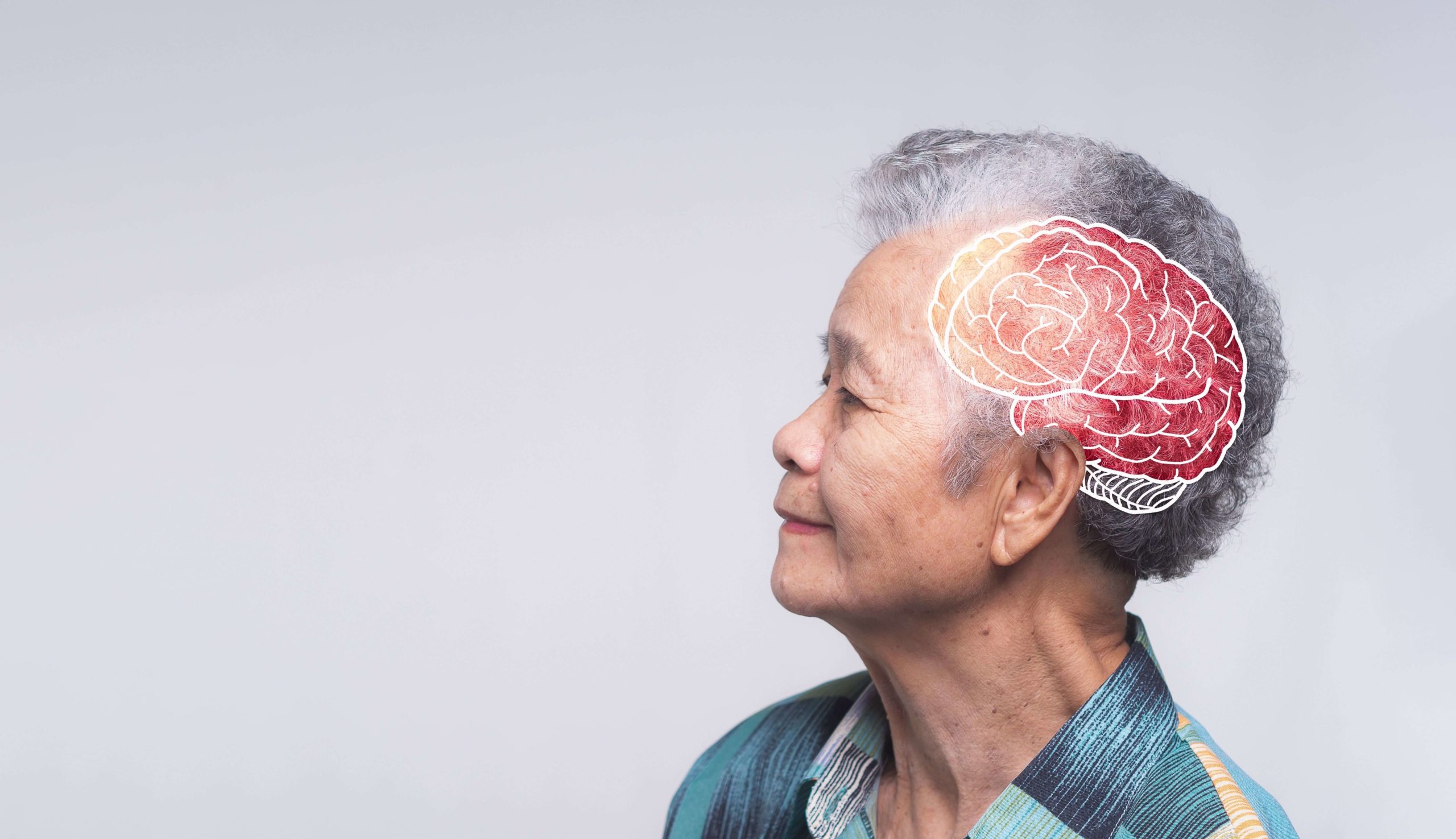Caring for a loved one with dementia can be both rewarding and challenging. One of the most critical aspects of this responsibility is ensuring they live in a safe environment. For caregivers and family members, this means taking proactive steps to minimize hazards and prevent accidents, falls, and injuries.
What Is Dementia?
Before making changes to the living environment, it’s important to understand the challenges faced by seniors with dementia.
Dementia affects memory, cognitive abilities, and judgment, which can lead to confusion, disorientation, and difficulty performing everyday tasks.
Dementia also affects people’s perceptions. These sensory changes can impact how they view their environment.
With these challenges in mind, a safe environment should minimize risks and provide clear cues and support for daily activities.
Assessing the Home Environment
The first step in creating a safe living space is conducting a thorough assessment of the current home environment. This involves identifying potential hazards and considering how they might impact someone with dementia. Here are some key areas to evaluate:
- Flooring: Look for loose rugs or carpets that could cause tripping. Smoothen out transitions between different types of flooring to prevent falls.
- Lighting: Ensure that all areas of the home are well-lit to reduce shadows and improve visibility. Consider using night lights in hallways and bathrooms for added safety.
- Furniture Arrangement: Arrange furniture to create clear pathways and avoid clutter. Remove sharp-edged furniture or cover them with protective padding.
- Entrances and Exits: Consider installing warning bells or pressure-sensitive mats by the doors to prevent wandering.
Enhancing Safety in Key Areas
Certain areas of the home require additional attention to promote safety for seniors with dementia. Focus on making these spaces as secure as possible:
Kitchen Safety
- Appliances: Install safety covers on stove knobs and unplug small appliances when not in use. Consider using devices with automatic shut-off features.
- Storage: Store sharp objects, cleaning supplies, and hazardous materials out of reach or in locked cabinets. Clearly label cabinets and drawers.
- Temperature Control: Set water heaters to a safe temperature to prevent scalding. Use faucet covers or anti-scald devices for added protection.
Bathroom Safety
- Grab Bars and Handrails: Install grab bars and handrails near toilets and in the shower to provide support and prevent falls.
- Non-Slip Surfaces: Use non-slip mats inside and outside the shower or bathtub. Consider installing a shower bench or chair for added safety.
- Toiletries and Medications: Organize toiletries and medications in labeled containers. Ensure medications are stored securely and are not easily accessible.
Living Room & Bedroom Safety
- Furniture: Secure heavy furniture to the wall and remove unstable items that could tip over. When buying furniture, choose options with rounded edges.
- Emergency Access: Place emergency contact information in visible, accessible areas. Consider using a medical alert system for added security.
- Daily Essentials: Keep frequently used items like mugs, remote controls, and phones within easy reach. Use labels and signs to help with navigation.

Establishing Routines & Familiarity
Routines play a crucial role in supporting seniors with dementia. Establishing consistent daily routines can provide comfort and reduce confusion. Encourage activities that promote physical and mental well-being, such as light exercise, puzzles, or engaging in hobbies they enjoy.
Since every person with dementia is at risk of wandering, try to identify the time of day your loved one is most likely to wander. Plan activities during this time to keep them engaged and reduce anxiety, agitation, and restlessness.
Additionally, try to maintain familiar surroundings by using personal items and decorations to create a sense of familiarity.
Utilizing Technology for Safety
Modern technology offers valuable tools to enhance the safety of seniors with dementia. Consider incorporating these smart solutions into the home:
- Smart Home Devices: Use voice-activated assistants to set reminders and control lighting and appliances. Smart doorbells and cameras can help monitor visitors and activities.
- GPS Tracking: GPS devices and apps can be used to track the location of seniors prone to wandering, providing peace of mind for caregivers.
- Medication Management: Automated pill dispensers and reminder apps can help ensure medications are taken correctly and on time.
Encouraging Social Interaction & Support
Creating a safe environment extends beyond physical safety. Emotional well-being is equally important, so encourage social interaction and support by involving family and friends.
When possible, you can also turn to communities and other resources. Participate in local support groups or activities specifically designed for individuals with dementia. Social connections can help reduce feelings of isolation and improve overall quality of life.
Ready to Consider Memory Care?
Creating a safe living environment for seniors with dementia requires careful planning and consideration. By assessing the home environment, enhancing safety in key areas, establishing routines, utilizing technology, and fostering social connections, caregivers and family members can provide a supportive and secure environment for their loved ones.
To learn more about memory care and how this program helps people with dementia, contact our team at All American Assisted Living in Wrentham, MA. Every effort you make contributes to the well-being and comfort of your loved one, ensuring they can live safely and with dignity.






